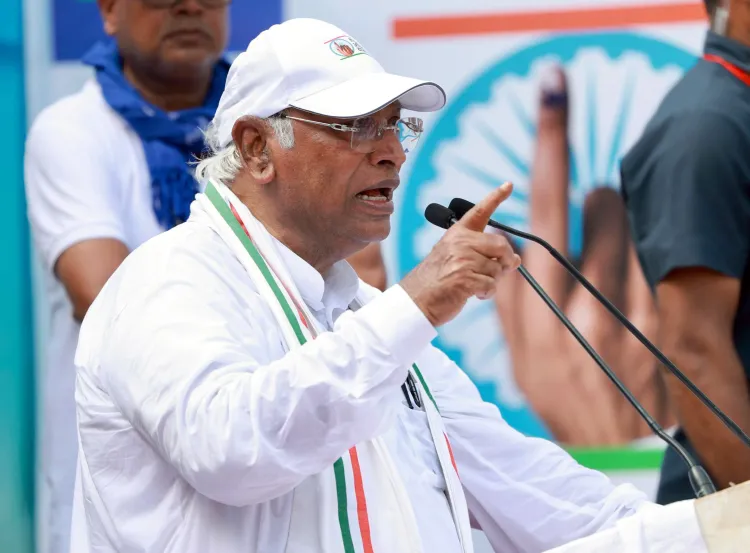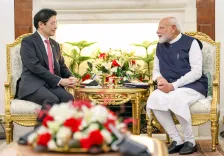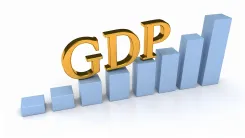Has the Modi Government Finally Acknowledged GST Reforms After Eight Years?

Synopsis
Key Takeaways
- Kharge highlights the need for GST simplification.
- Recent GST changes aim to ease tax burdens.
- Criticism of Modi government's delays in reforms.
- Impact of GST on ordinary citizens and small businesses discussed.
- Future implications of tax reforms remain uncertain.
New Delhi, Sep 4 (NationPress) The National President of Congress, Mallikarjun Kharge, expressed his discontent with the Modi administration on Thursday regarding the procrastination in executing GST reforms. He remarked that it is a positive development that the Centre has finally woken up after eight years, while emphasizing that the Opposition has persistently called for the simplification of indirect taxes.
The GST Council has recently approved extensive modifications to the tax structure, including a reduction in the number of slabs and a decrease in rates for a variety of essential goods and services.
According to the new framework, two main slabs of 5 per cent and 18 per cent will be maintained, along with a higher 40 per cent rate for sin goods. Items previously taxed at 12 per cent and 28 per cent will primarily transition to these two main slabs, with the government asserting that this change will alleviate the financial strain on households.
In response to this initiative, Kharge took to social media platform X, stating, "For almost a decade, the Indian National Congress has advocated for the simplification of GST. The Modi government transformed 'One Nation, One Tax' into 'One Nation, 9 Taxes', which comprised tax slabs of 0 per cent, 5 per cent, 12 per cent, 18 per cent, 28 per cent, and special rates of 0.25 per cent, 1.5 per cent, 3 per cent, and 6 per cent."
He pointed out that the Congress had already introduced GST 2.0, proposing a simple and rational tax system in its 2019 and 2024 manifestos, emphasizing the need for simplified GST compliance, which he argued has negatively impacted MSMEs and small enterprises.
Kharge reminded that the concept of GST was initially proposed by the Congress-UPA government back in 2005, and when the GST Bill was presented in 2011 by former Finance Minister Pranab Mukherjee, it faced opposition from the BJP.
"When Modi Ji served as Chief Minister, he strongly opposed GST," he added.
Kharge accused the current government of hypocrisy, stating, "Today, the same BJP government celebrates record GST collections as if taxing the common people is a significant success."
He further asserted that "for the first time in our nation’s history," taxes have been levied on farmers.
"This Modi administration has imposed GST on at least 36 agricultural items. From milk, curd, and flour to children's pencils, books, oxygen, insurance, and hospital costs—everyday essentials have been taxed. That’s why we call this BJP's GST the 'Gabbar Singh Tax,'" he remarked.
Kharge also highlighted that the burden of GST disproportionately affects ordinary citizens.
"Two-thirds of the total GST, or 64 per cent, is sourced from the poor and middle class, while a mere 3 per cent comes from billionaires, despite the Corporate Tax rate being slashed from 30 per cent to 22 per cent," he stated.
Focusing on revenue trends, he claimed that in the past five years, Income Tax collection has surged by 240 per cent, and GST collection has risen by 177 per cent.
"It’s a good sign that, albeit eight years late, the Modi government's 'Kumbhakarniya' slumber regarding GST has finally ended, and they are now discussing Rate Rationalisation," Kharge remarked.
The Congress President also called for states to be fully compensated for five years, using 2024-25 as the base year, considering the probable decline in revenues due to lower tax rates.
"The complex GST compliance must also be simplified; only then can MSMEs and small businesses genuinely benefit," he concluded.






